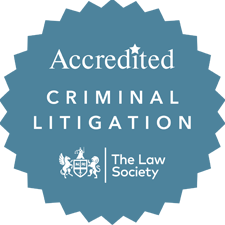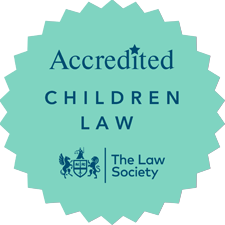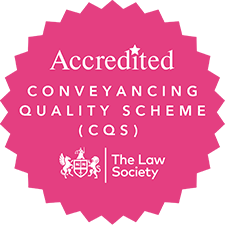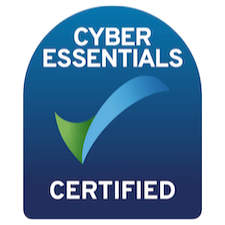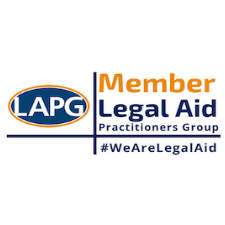At Johnson Astills we appreciate that selling a property can involve a lot of paperwork and a lot of questions that you may be unsure of. We have put together this brief guide to assist you with this process.
Generally, the following documents need to be completed or retrieved by the sellers and sent to the buyers solicitor:
- Energy Performance Certificate (EPC)
- Title Deeds
- Property Information Form (TA6) / Leasehold Information Form (TA7)
- Fittings and Contents Form (TA10)
- Gas / Electrical Safety Certificates
- FENSA Certificates
EPC
This document is legally required to be provided to the buyers; it assesses the energy efficient of the property. If you do not have an EPC for your property, you can try to download a copy using the government website: https://www.gov.uk/find-energy-certificate
Title Deeds
These documents confirm who owns the property. They are necessary to prove that you own the property and therefore have the right to sell the property. If you are acting as an Executor (eg the person named on the Title Deeds is deceased) or an Attorney, you must also provide the documents that give you the right to sell the property on their behalf, eg the Letters of Administration or Grant of Probate or the Lasting Power of Attorney documents.
Property Information Form
The TA6 is a detailed questionnaire for sellers to complete. This document is necessary to provide potential buyers with important information about the property such as the boundaries, any disputes, any past building works. Johnson Astills appreciate that this document can be overwhelming for sellers, and we are therefore happy to assist with answering questions where we can. It is important that sellers do not guess the answers to any questions as the buyer may rely on the information provided. Therefore, we advise clients to be completely open and honest and state that the answer is “not known.” The more detailed the sellers’ answers are to this form, the less enquiries that the buyers are likely to raise later. Therefore, this document is important to streamline the conveyancing process. Please note that in Property Law the overriding principle of “Caveat Emptor” (“Buyer Beware”) means that the buyer is responsible for thoroughly inspecting a property before they purchase it. However, you are required to answer specific questions truthfully.
Leasehold Information Form
The TA7 is also an important document for sellers to complete if the property is Leasehold. You must provide information about the lease, including details of the freeholder, service charges and ground rent.
Fittings and Contents Form
The TA 10 form clarifies what items are included or excluded from the sale price, such as fixtures, fittings and furniture. This is useful for the buyer and should be filled out accurately, as this may affect the buyers want to buy the property. For example, if there is a hot-tub in the garden of your property but you intend to take this with you when you leave the property, it must be made clear that this is not included in the sale price.
Safety / Buildings Certificates
These certificates are important to confirm the safety and legitimacy of gas and electrical installations, replacement windows or any building works.
Johnson Astills can assist with the sale and purchase of residential properties. Transfer of equity or re-mortgaging of properties.
Please get in touch with Johnson Astills today and we would be more than happy to discuss your requirements further. Please call us at our office in Leicester on 0116 255 4855 or our office in Loughborough on 01509 610 312 and ask to speak to a member of the Property Team. Alternatively, you may prefer to email us at legal@johnsonastills.com or fill in our enquiry form.


